In Depth
Inside the Archives: George Soros and the Fight for Roma Dignity
For over 40 years, George Soros has been the leading private supporter of Europe’s Roma—the continent’s largest and most excluded ethnic minority—championing Roma leaders in their fight for equality and against deep-rooted discrimination.
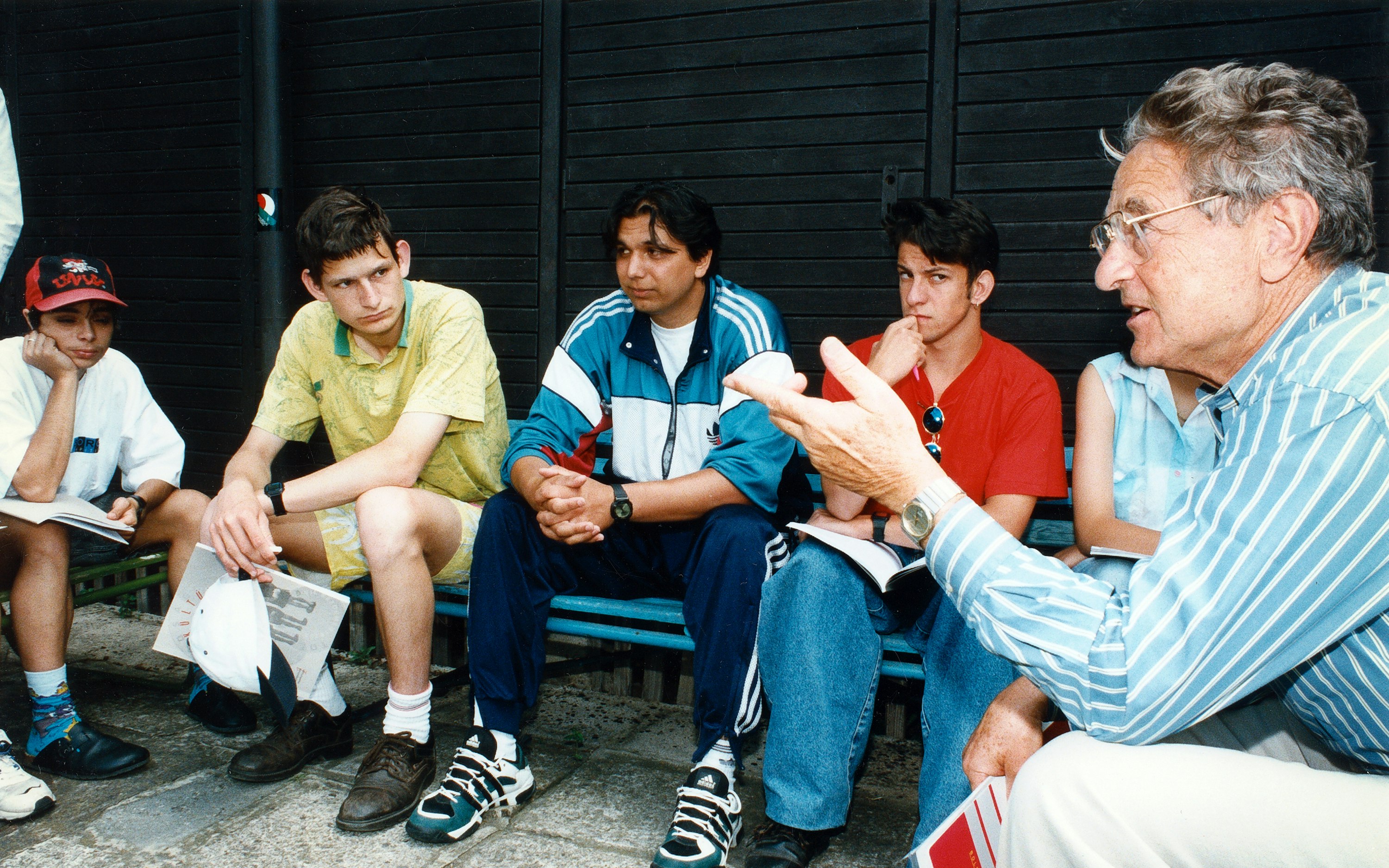
Inside Open Society
Forging New Paths to Green Development for the Global South

With climate disasters becoming more frequent and economic insecurity fueling unrest, the green transition can be a vital catalyst for countries to become more equal and prosperous, while protecting the planet.
Visual Storytelling
Q&A: Visual Witnesses: Photojournalism in a Changing World

World Press Photo Foundation's executive director reflects on the organization’s legacy, its evolving role in photojournalism, the impact of AI on the industry, and efforts to promote diversity and inclusivity in visual storytelling.
Inside Open Society
Reimagining Drug Policy with Compassion and Justice

Drug policy should be rooted in principles of public health, human rights, and uphold human dignity. Open Society strives to promote humane, evidence-based approaches to drugs and drug use worldwide.
Topics
Latest Voices
A Victory for Civil Society
European Union Court Rejects Hungarian NGO Funding Law
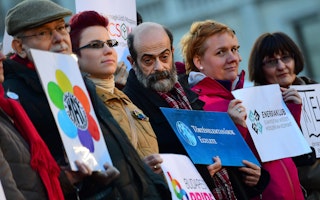
A ruling from the Court of Justice of the European Union has affirmed the vital role of civil society in democratic governance.
Learning from Experience
10 Lessons from HIV for the COVID-19 Response

Harm reduction thinking, minimal police involvement, and the need to keep the price of medicine low—these are some lessons from HIV that we need for the COVID-19 response.
Developing a More Just Future
Q&A: Designing for Human Rights

What do architects, designers, and weapons specialists have to offer rights movements around the world? A unique and trailblazing firm is providing an answer, while building new digital tools to resist authoritarianism.
Power to the People
How the Law Can Empower Victims of COVID-19
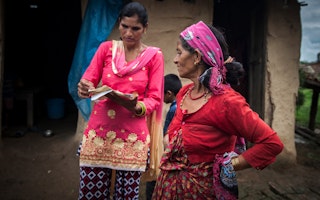
Through legal empowerment and community-based justice initiatives, the very same people who are suffering the most from the pandemic can be given the tools they need to fight for justice and defend their rights.
A Promising Step
Q&A: Progress for Migrant Workers in Italy
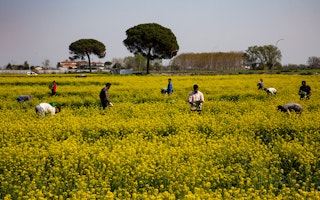
The government of Italy’s COVID-19 stimulus proposal includes measures to protect migrant laborers working in some of the country’s most important industries. While this is welcome news, more is needed.
The World Can’t Wait
Q&A: A New Social Contract for Workers and Business
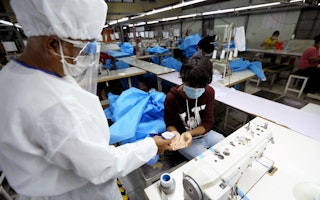
After the financial crisis of 2008, many advocates were disappointed by the unwillingness of many governments to shake up a discredited status quo. More than 10 years later, amidst another crisis, there is reason for hope.
Rethinking Research
Q&A: How Open Access Can Help Defeat COVID-19

In response to the pandemic, many scientific journals have lifted their paywalls on COVID-19-related research. The results have been positive, which raises a question: Why not do the same for research on other crises?
A Positive Example
The World Can Learn from Georgia’s Experience with COVID-19
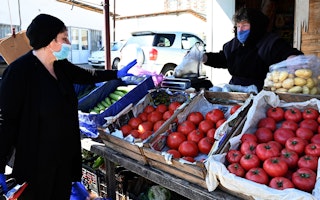
Despite its limited means, the government of Georgia has managed the pandemic’s fallout more successfully than many wealthier nations. A robust response from civil society groups in the country is a key reason why.
A Warning Sign
A Power Grab in Kyrgyzstan
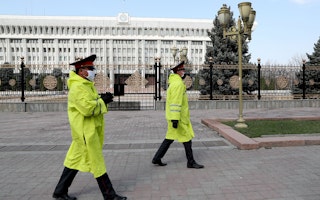
A new law proposed by parliament is not only an ominous development for civil society groups in Kyrgyzstan. It’s also a sign of how some governments may use the COVID-19 crisis to push an authoritarian agenda.
Surveillance Oversight
Q&A: Watching the Watchers during a Pandemic
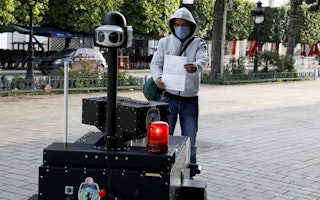
With states around the world embracing surveillance technology against COVID-19, civil society groups must step up to ensure that individual rights and anticorruption laws are not sacrificed for the sake of an easy fix.